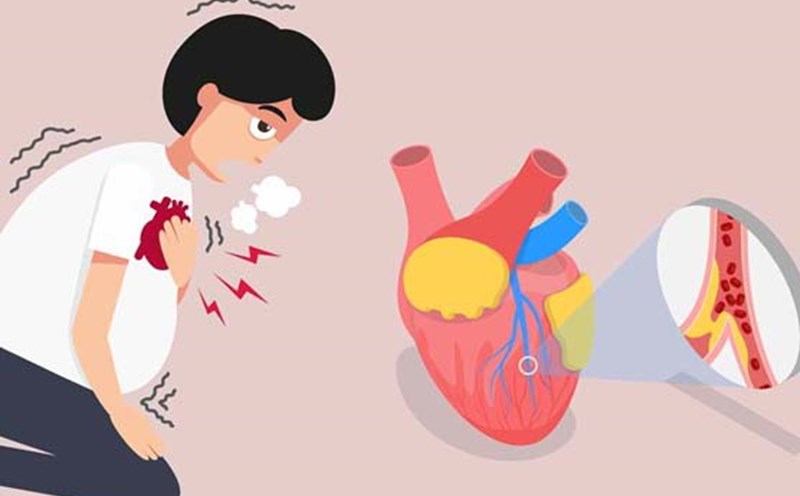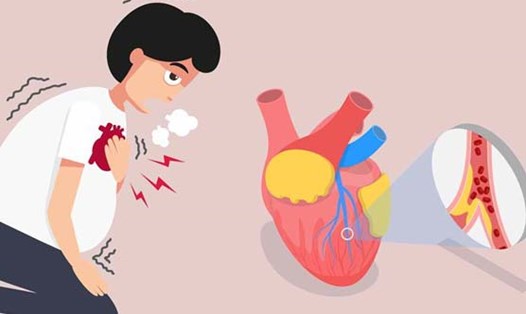In recent years, sudden cardiac arrest in young people, including those who look healthy, has increased.
The cause often comes from underlying, undiscovered heart disease. Health experts warn that serious physical stress, especially in people who have not exercised for a long time, can trigger dangerous problems, according to indianexpress.
Dr. Manjusha Agarwal (Gleneagles Hospital, Mumbai) said that checking your health before starting a gym or high-intensity exercise program will help determine whether your body is ready or not, while detecting potential risks.
Dr. Narander Singla (CK Birla Hospital, Delhi) recommends 6 important tests:
Electroplated cardiopulmonary survey (ECG): Record the electrical activity of the heart, detect arrhythmia, conduction obstruction, or signs of a previous silent myocardial infarction.
2D ultrasound: Observe the structure and function of the heart, detect enlarged heart disease - the cause of cardiac arrest during exercise - along with heart valve problems, heart chamber size and blood pumping ability.
TMT (Trest on a treadmill): Assessing the heart's reaction when under pressure, helping to detect arrhythmia or anemia of the heart muscle that does not show signs at rest.
Cardiovascular Biodegeneration Traces (Troponin, NT-proBNP): Blood testing detects early-stage damage or stress to the heart muscle.
Hs-CRP and ESR: Measurement of signs of systemic inflammation, which contributes to atherosclerosis, increases the risk of stroke and stroke.
lipid + HbA1c profile: Assessing cholesterol, triglycerides and blood sugar on average for 3 months, detecting metabolic syndrome, diabetes or prediabetes.
In addition, checking for vitamins D and B12 is also recommended to ensure bone strength, energy and muscle function.
Gym athletes, especially those over 30 years old or with a family history of heart disease, should do these tests before exercising. Only start exercising with the consent of the doctor and the safety results, Dr. Agarwal emphasized.
Proactively checking your health not only protects your cardiovascular system but also helps you exercise safely and achieve long-term results.










